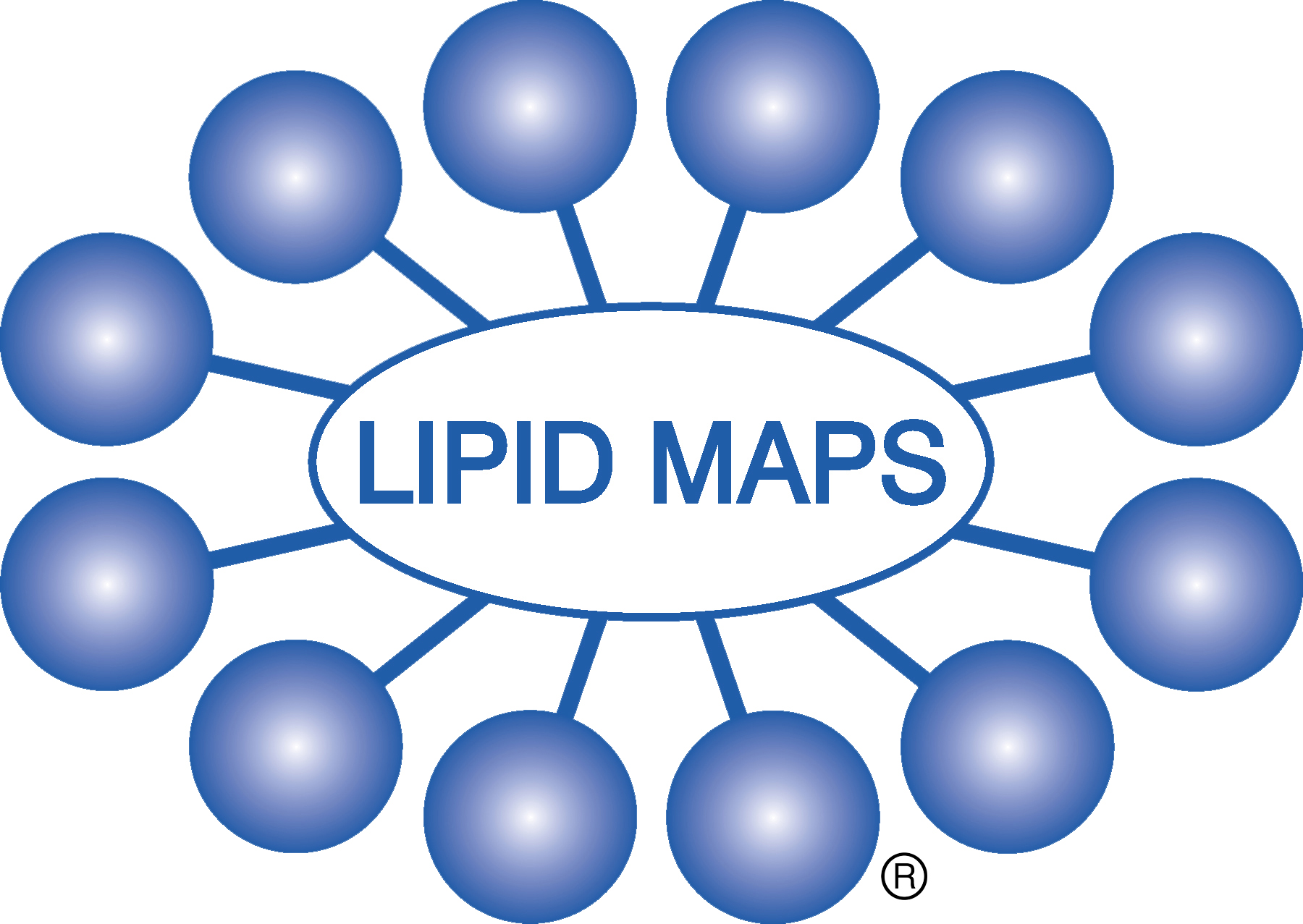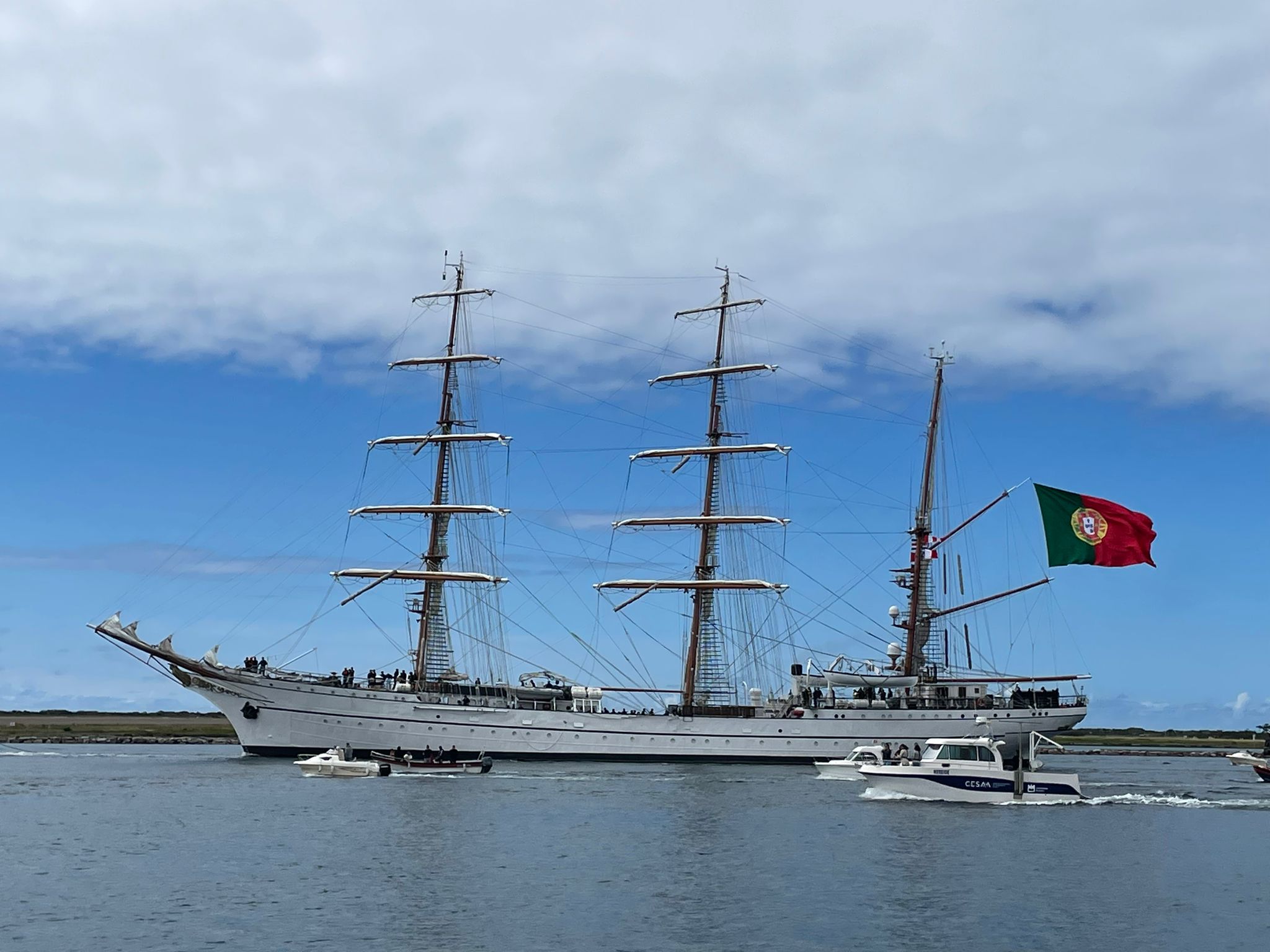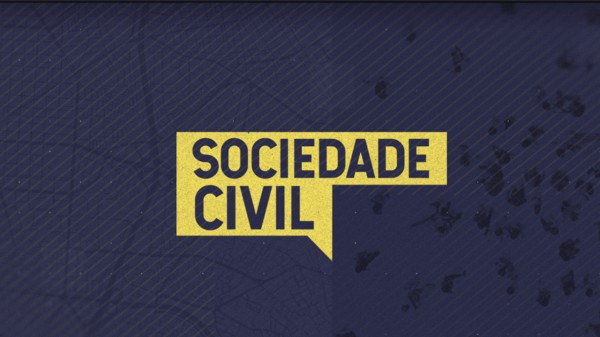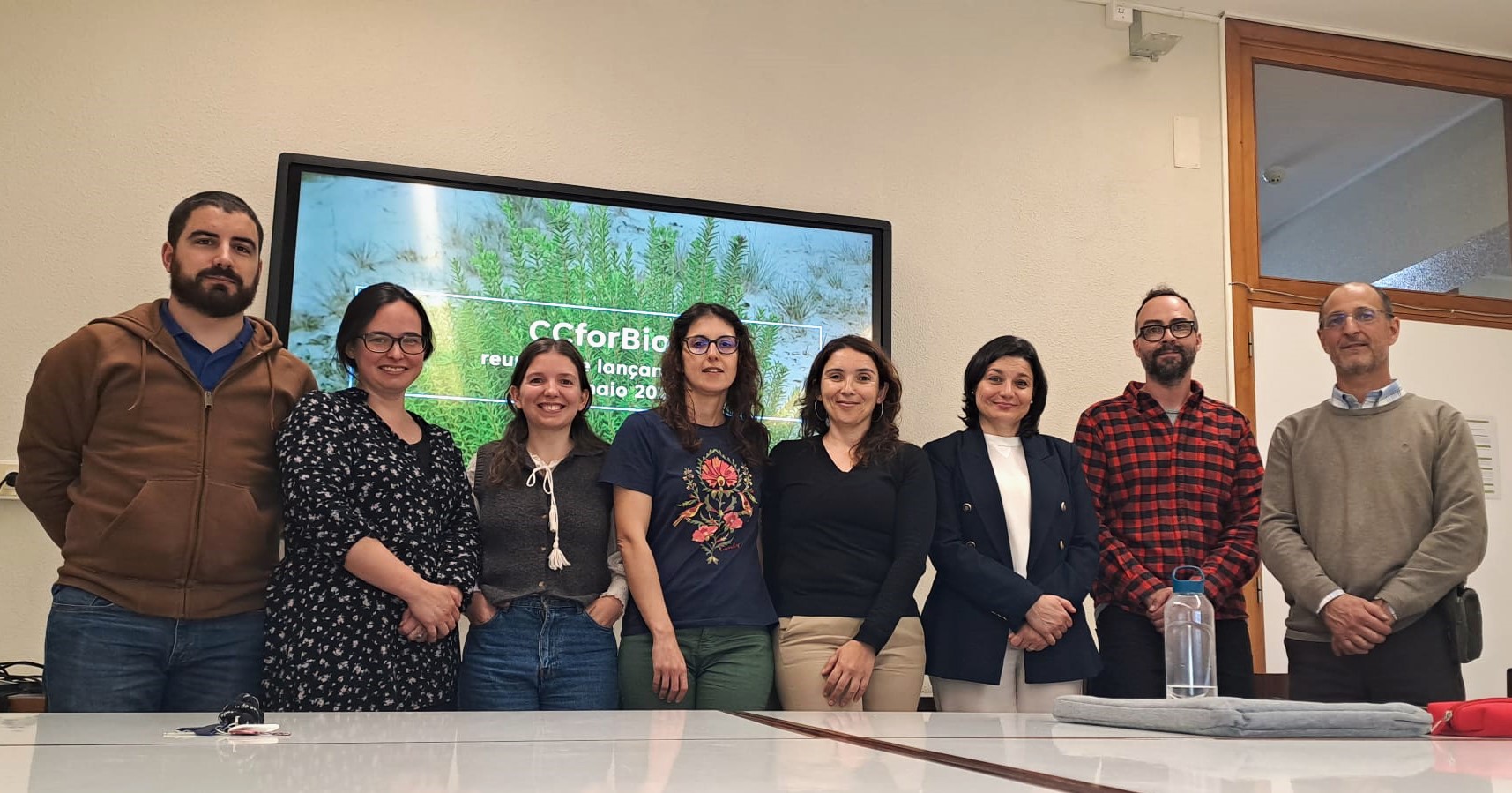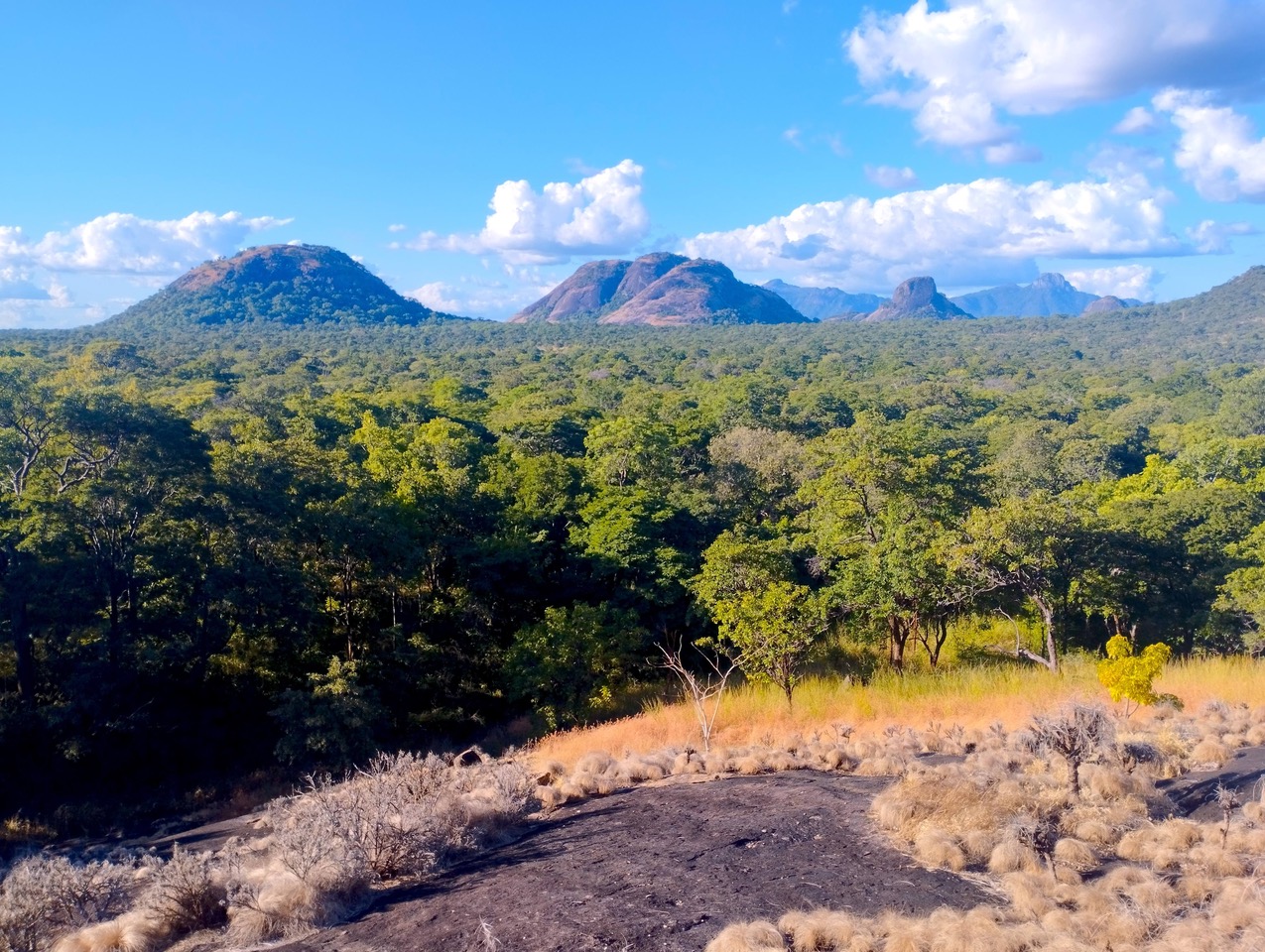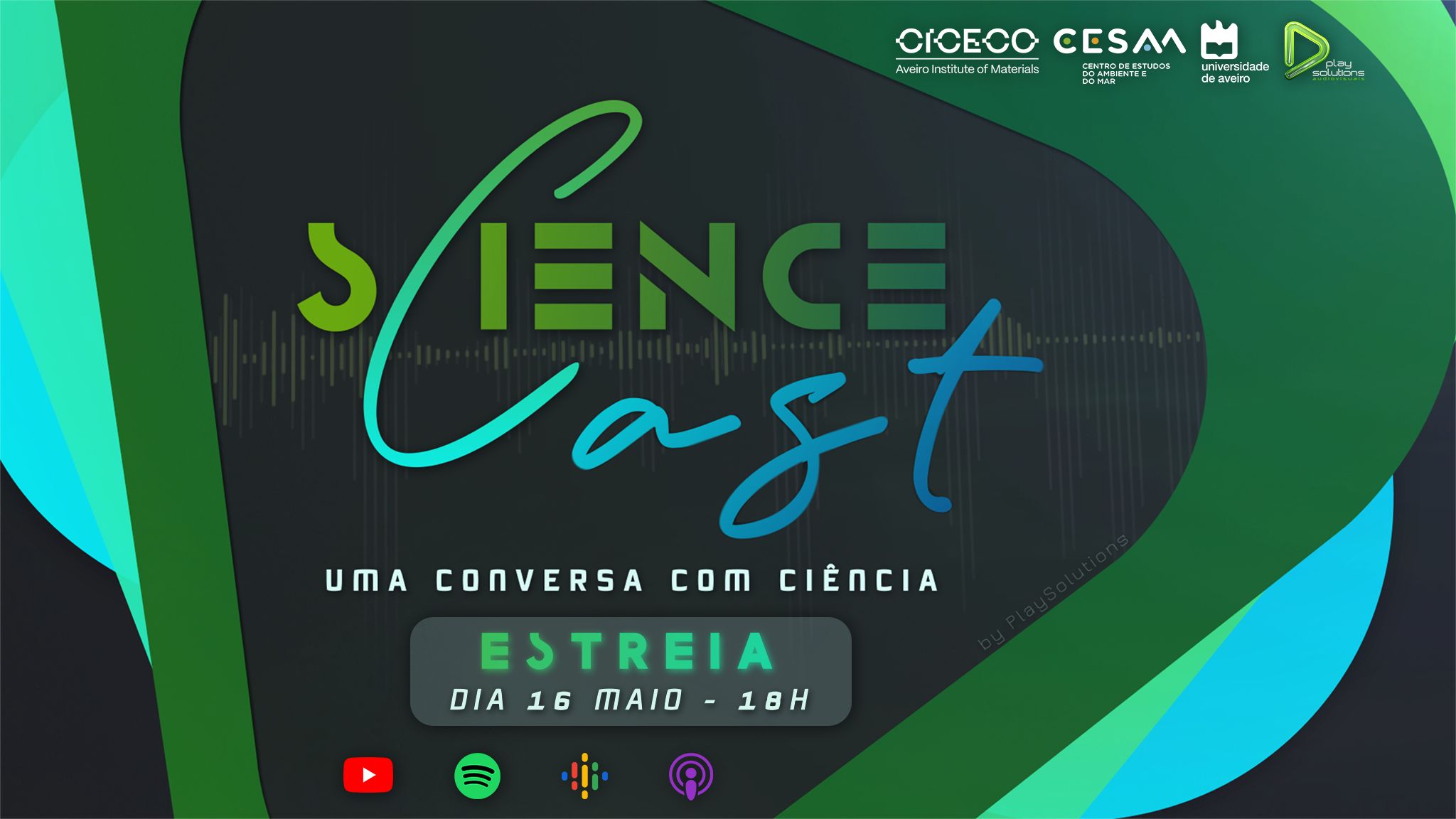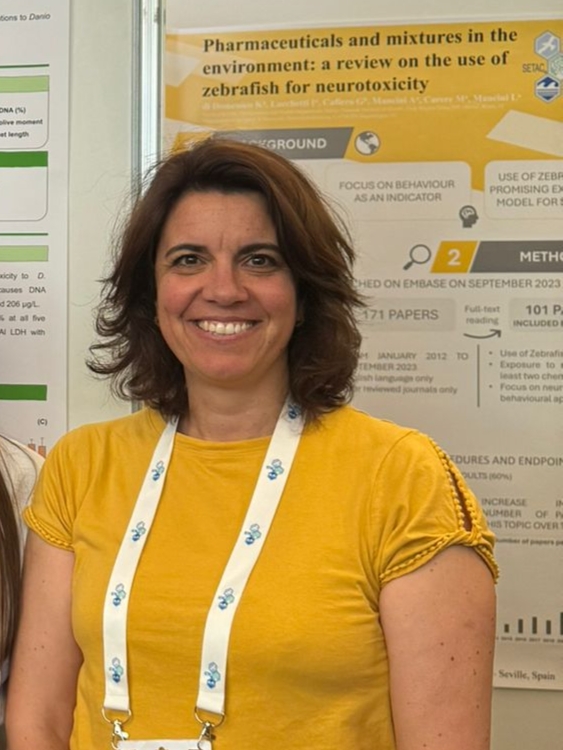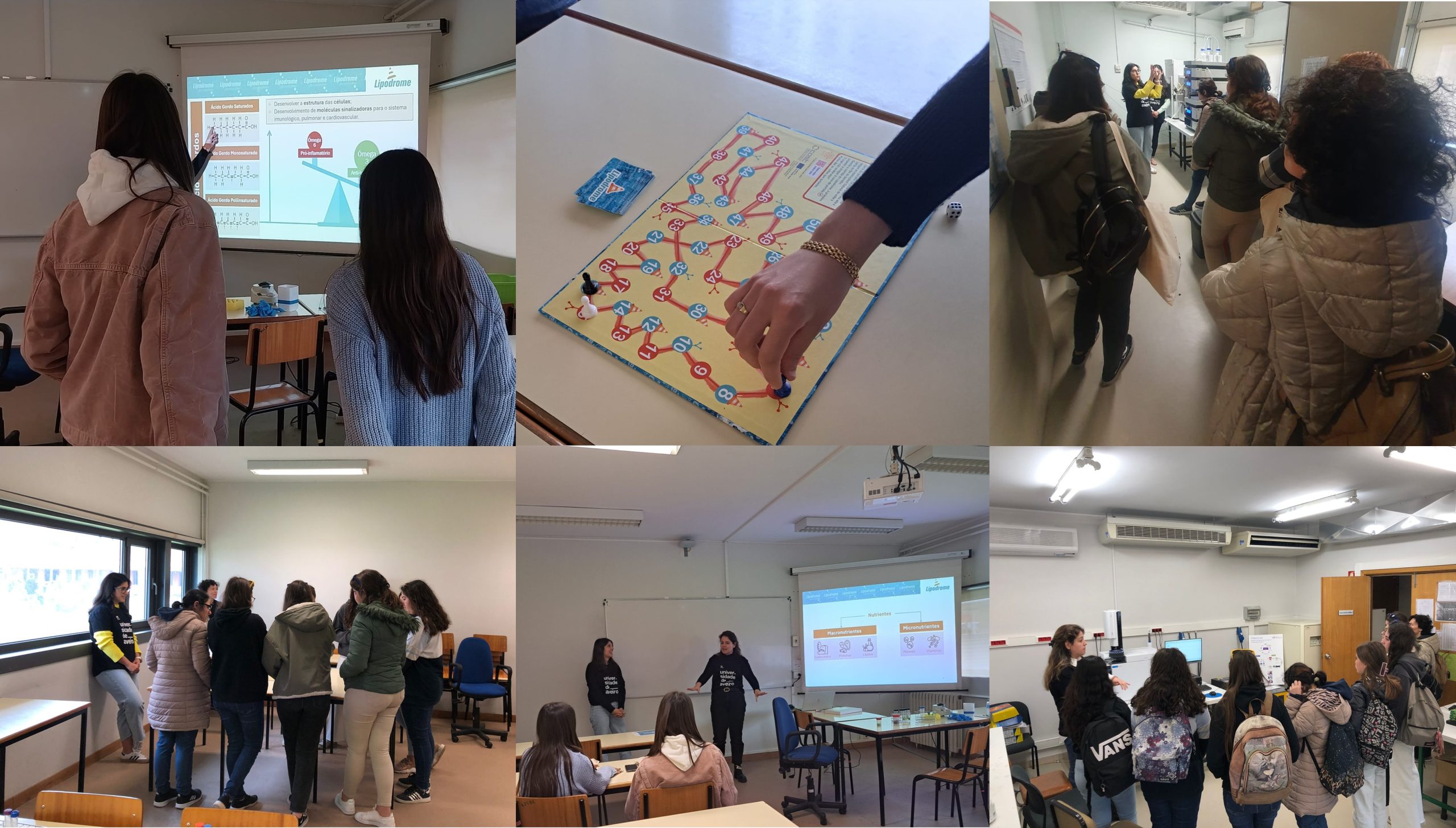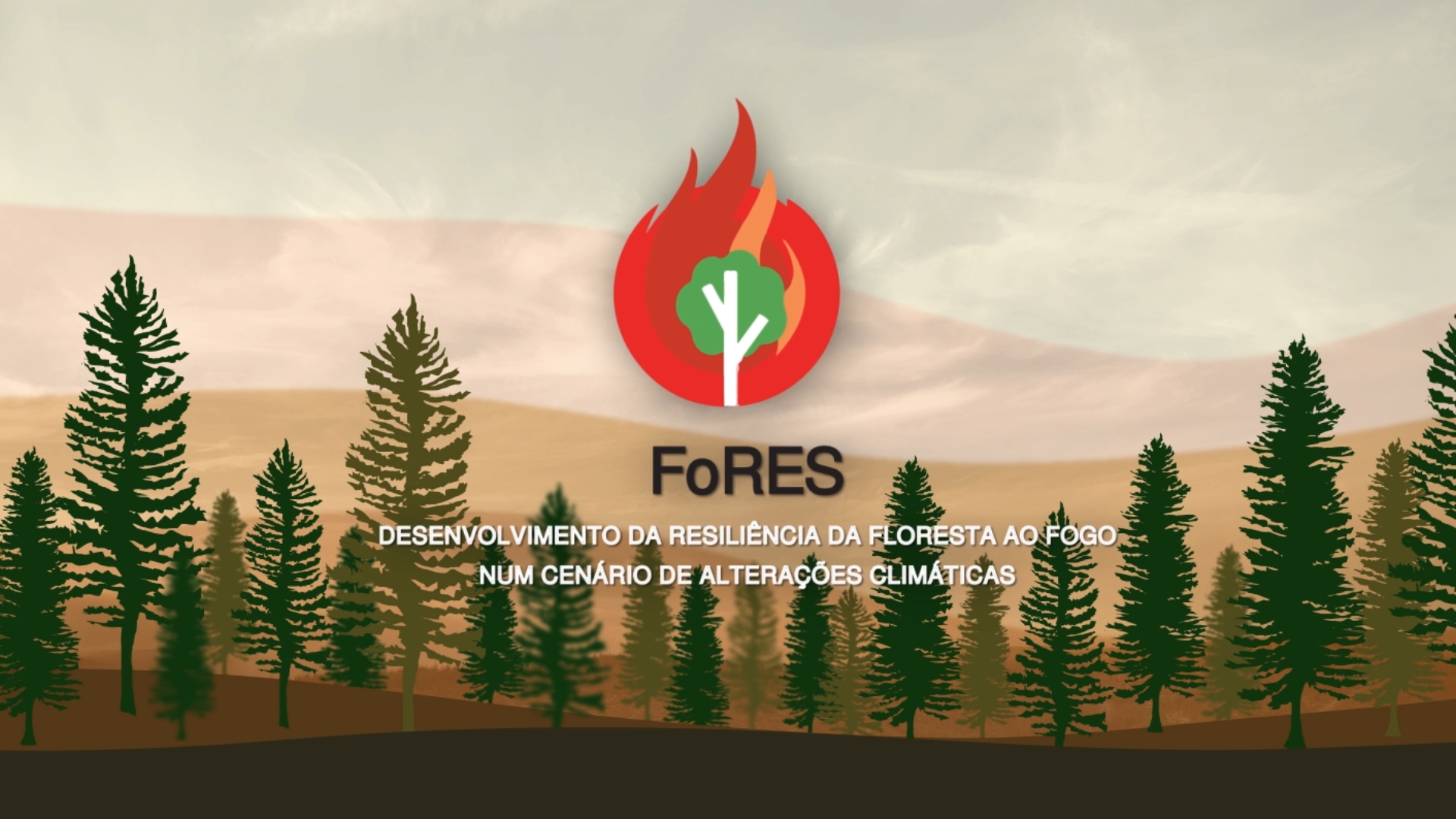Researcher Rosário Domingues (CESAM/QUI) has been invited to participate in a podcast by LIPIDMAPS, the international consortium renowned for excellence in the field of lipidomics.
In this podcast, the researcher was invited to share her extensive experience in lipid analysis using mass spectrometry approaches and how this lipidomic approach has been applied in various fields. In conversation with Matthew Conroy from LIPIDMAPS, the work carried out at CESAM/University of Aveiro in the lipidomics laboratory led by the researcher was highlighted. This includes the application of lipidomics in the discovery of biomarkers for chronic diseases and metabolic changes to identify new therapeutic targets, the study of marine organisms and algae to enhance these natural resources, bioprospecting for the identification of active compounds and their biotechnological applications, among others.
Listen to the podcast here.
(Adapted text by: Tânia Barros; Original text by: Rosário Domingues)
